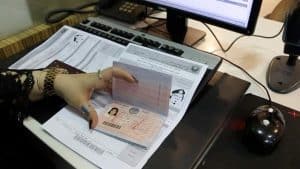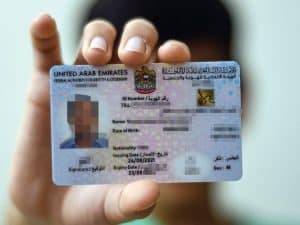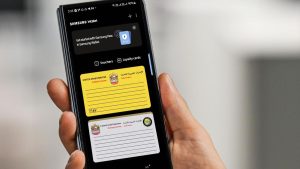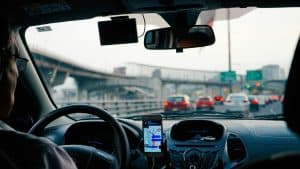Discover Dubai: The Ultimate Travel Guide for Every Tourist
Home – Blog
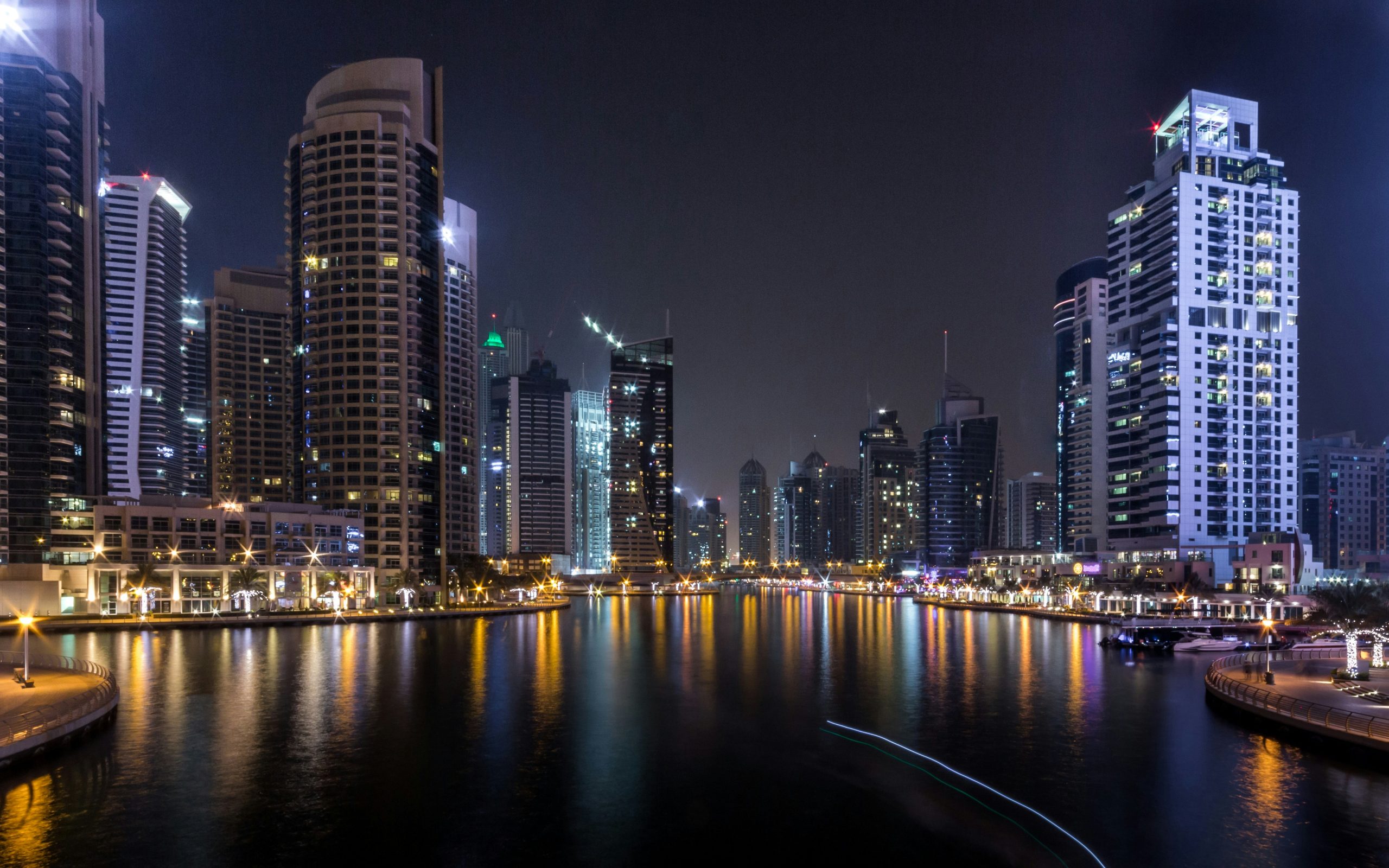
Discover Dubai: The Ultimate Travel Guide for Every Tourist
Dubai Skyline Views and City Exploration: Whether you’re admiring the Dubai skyline from the Metro, marveling at the Palm Islands on the Monorail, or enjoying a leisurely bus ride through the city, here’s everything you need to know.
Navigating Dubai for First-Time Visitors: Traveling to Dubai for the first time can be intimidating. Understanding how to use the Metro, hail a taxi, or even rent a car can be overwhelming, especially for those unfamiliar with public transport. This ultimate guide will help you navigate travel and transport in Dubai with ease.
1. Which Airlines Fly to Dubai? All major airlines fly into Dubai, with 7,000 weekly flights operated by 152 airlines from over 260 destinations. UAE-based airlines offer direct connections to most global cities and provide online and mobile check-in. Loyalty points earned can be redeemed for various rewards, including flights and local shopping offers.
2. Is it Possible to Drive to Dubai? Yes, you can drive into the UAE from neighboring Oman and Saudi Arabia with an international driving permit and valid vehicle insurance. GCC residents can use their local driving licenses. Citizens from certain countries can drive with their home country licenses.
3. Getting to Dubai by Sea Large cruise lines frequently stop in Abu Dhabi and Dubai. UAE ports offer modern facilities and quick immigration processing. Major seaports include Abu Dhabi Cruise Terminal, Zayed Port, Mina Rashid (Dubai), Port Khalid (Sharjah), and Ras Al Khaimah Port.
4. How to Hail a Taxi in Dubai? Hailing a taxi in Dubai is easy, with many taxis available. Main taxi ranks are outside shopping centers and transport hubs. Hotels also have designated taxi areas. Taxis are color-coded by company, and there are pink-roofed taxis for female passengers.
5. Are Taxis Regulated in Dubai? Yes, all taxis are regulated by the Dubai Taxi Corporation, ensuring strict adherence to guidelines. Complaints can be filed if service standards are not met.
6. Are Taxis Expensive in Dubai? Taxi fares use a taximeter regulated by the government. Base fares vary by time and location but the per kilometer rate is consistent. Daytime base fare is Dh8, nighttime is Dh9, and hotel concierge calls increase the fare to Dh12. Airport taxi rides start at Dh25.
7. Can I Pay Taxi Fares with a Credit or Debit Card? Yes, all taxis in Dubai accept credit and debit card payments. Uber and Careem also accept card payments unless the cash option is selected.
8. Are Uber Services Available in Dubai? Yes, Uber and Careem operate in Dubai, with Careem being a subsidiary of Uber.
9. Driving Rules in Dubai Dubai has strict traffic laws, including a black points system leading to license confiscation for major offenses. Penalties include fines and black points for seatbelt violations, reckless driving, traffic signal violations, distractions, and speeding.
10. Major Driving Offenses in Dubai Major offenses include drinking and driving, driving without a license, lacking insurance, and using mobile phones while driving. Penalties include fines, imprisonment, and vehicle impoundment.
11. Where to Park Securely in Dubai Public parking areas are managed by local transport authorities with varying fees. Payment can be made via coins, credit cards, text messages, or government apps. Parking is free on Fridays and public holidays.
12. How Strict are Dubai Traffic Police? Dubai traffic police strictly enforce road rules and traffic fines must be paid promptly.
13. How to Hire a Car in Dubai Car rentals are available for those over 21 with a valid UAE or international driving license. Major rental companies are located at Dubai International Airport and offer competitive rates.
14. Where to Hire a Car in Dubai Car rentals are available at Dubai International Airport and online.
15. How Much Does Hiring a Car Cost? Daily rental rates start from Dh38, varying by car model and rental duration.
16. Driving Side in Dubai In Dubai, driving is on the right side of the road, with left-hand drive vehicles.
17. Electric Cars in Dubai Electric cars are increasingly common, with a target of 10% of cars being electric by 2030.
18. Manual or Automatic Cars in Dubai Most cars in Dubai are automatic, but manual cars are also available.
19. Are Self-Driving Cars Allowed? Currently, only semi-autonomous vehicles are allowed; fully self-driving cars are not permitted.
20. Traffic Hotspots to Avoid Peak traffic times are 7-9 AM and 5-7 PM. Congested areas include Karama, Deira, JLT, Discovery Gardens, and International City. Weekends (Friday-Saturday) see higher congestion at shopping malls and tourist spots.
21. Choosing Transport Based on Time and Weather From December to March, temperatures are milder (up to 28°C), making walking feasible. From April to November, temperatures can reach 45°C, making air-conditioned public transport preferable.
22. What is a Nol Card? The Nol card is a smart card for all public transport in Dubai, including buses, metro, tram, waterbus, and taxis. It can also be used for parking and at certain shops.
23. How to Use a Nol Card? Place the card over a Nol card reader to validate and deduct the fare. The card contains a secure chip and antenna for transactions.
24. How to Top-Up a Nol Card? Top up at Metro stations, select bus stops, online via the RTA website, or the RTA app.
25. Nol Card Types and Costs
- Silver Card: Dh25 (includes Dh19 trip credit), load up to Dh1,000.
- Gold Card: Dh25 (includes Dh19 trip credit), access to metro gold class seats.
- Blue Card: Dh70 (includes Dh20 trip credit), load up to Dh5,000.
- Red Card: Dh2, load up to 10 trips, valid for 90 days.
26. Nol Card Expiration Silver and Gold cards are valid for five years; Red cards for 90 days.
27. Minimum Nol Card Balance A minimum balance of Dh7.5 is required for public transport services.
28. Nol Card Usage in Sharjah Nol cards are mandatory for bus trips from Dubai to Sharjah.
29. Electronic Nol Card Recharge NFC-enabled smartphones can read and update Nol cards.
30. Nol Card Sharing Each person must have their own Nol card.
31. Traveling by Bus in Dubai Dubai’s RTA operates 1,518 buses covering 119 routes, including metro links and intercity lines, transporting approximately 369,248 passengers daily.
32. Cash Payments on Buses Cash payments are not accepted; a Nol card is required.
33. Bus Routes Information For detailed bus routes, visit the RTA website.
34. The Dubai Tram The tram runs along Al Sufouh Road, connecting Dubai Marina, Palm Jumeirah, and metro stations. Payments are made using the Nol card.
35. Tram Service Areas The tram covers 14.5km from Dubai Marina to Al Sufouh, with connections to the metro and Palm Jumeirah Monorail.
36. Monorail Tickets Monorail tickets are separate from other public transport systems and must be purchased individually.
37. Monorail Ticket Cost A single ticket is Dh20, and a return ticket is Dh30. Children under 90cm ride free.
Dubai: A Global Tourist Hub Dubai, the 4th most visited city in the world, welcomes tourists and residents from over 200 nationalities. With this guide, navigating Dubai is made simple and convenient for everyone.
Archives
Request a Customized Solution for Your Business!
Request a tailored solution crafted specifically for your organization’s challenges and goals.






